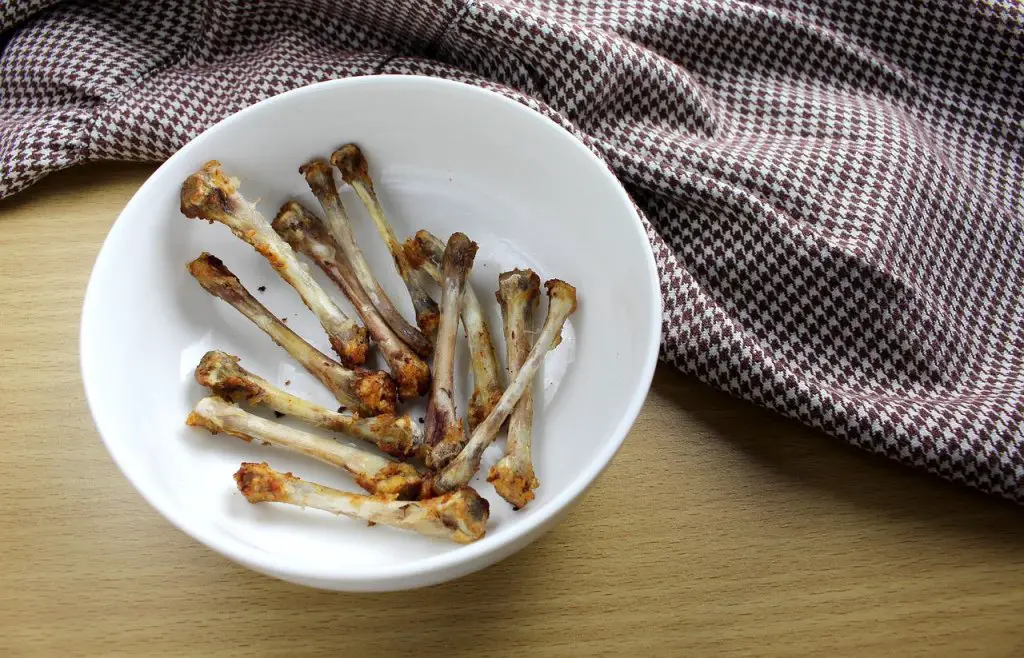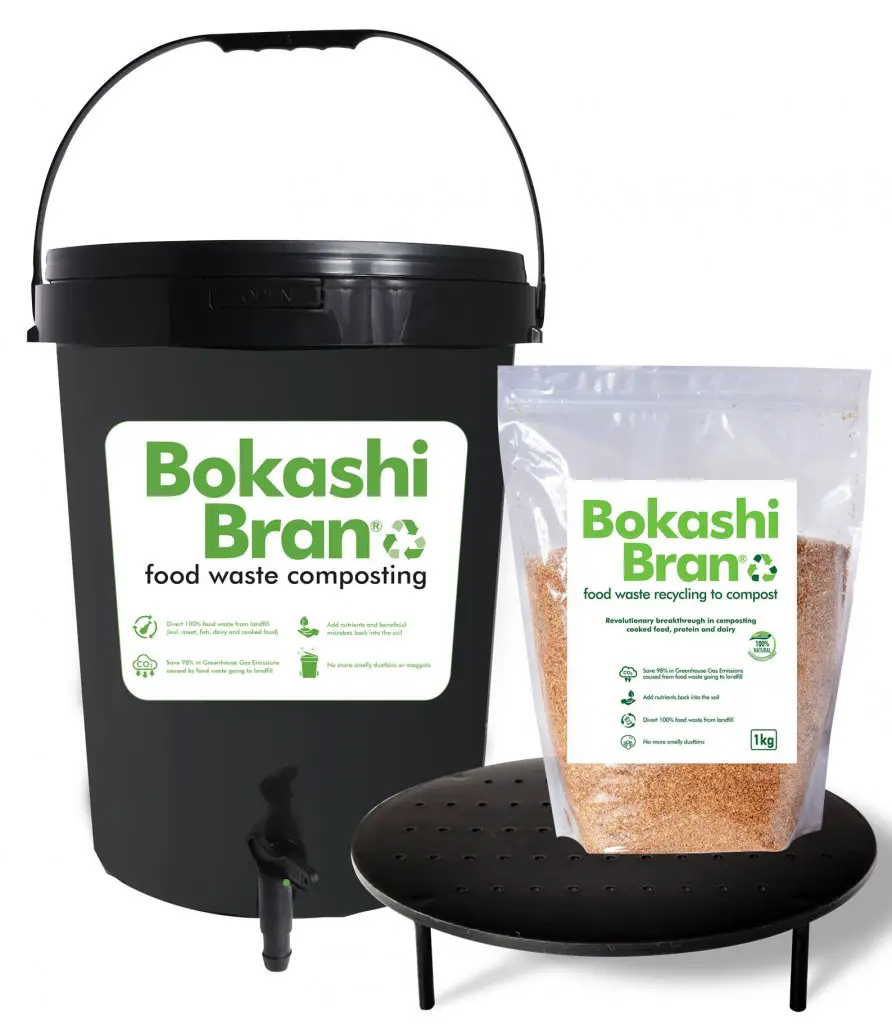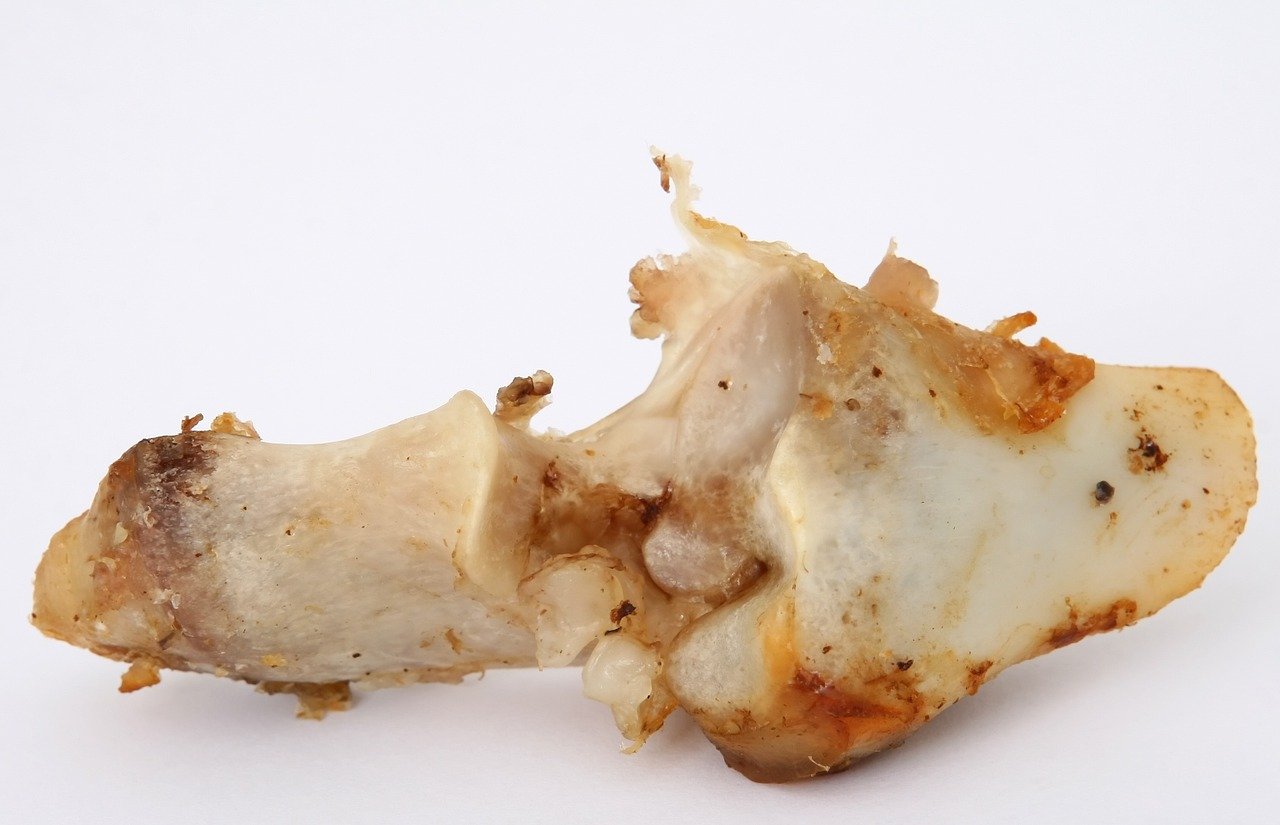You can compost bones. The US Environmental Protection Agency (EPA) recommends composting bones to curb diseases, pests, flies, and rodents.
Composting is a vital activity for most home gardeners. It reduces garbage dumping while keeping the environment clean and healthy. For instance, tampons, coffee grounds, sawdust, and eggshells are common organic materials used to produce fertilizer.
Perhaps you are looking for safer and healthier ways to compost bones. You might find it reassuring to know that you can compost bones the same way you can use compost meat from animals.
Their skeletons have a slower composting rate but benefit the soil and plants. In addition, chopping the cooked large pieces into smaller chunks will speed up the disintegration process.
Table of Contents
Can You Compost Bones?
Yes, you can compost bones. If you have a backyard compost, you should consider disposing of your bones in it instead of the garbage.
Bones, being essential parts of mammals, are 100% natural. That means they will eventually return the macronutrients to the ground during decaying.
Although bones emit an unpleasant smell when decaying, there are many tricks to curb this, as bones may take years to compost.
Check out our video below on how to best compost animal bones.
What is Bone Compost Good For?
Bones are an excellent natural fertilizer for your plants. Instead of buying this item, you can preserve the meat leftovers and compost bones. Some great sources of fertilizers include chicken and beef frames.
Bones are a good source of nitrogen and a vital nutrient to the plant. They build chlorophyll in plants, an essential element for their formation.
Other nutrients available in bones include carbonate, phosphate, collagen, magnesium, and calcium. These minerals build powerful cells in green plants.
What Bones are Compostable?
For quick and perfect results, below are some compostable types of bones you can add to your compost pile.
These include:
1. Wild Game Bones
Wild game have huge frames and tough meat. Composting takes years, but you can shorten the duration by boiling and breaking the bones into particles to fasten the process.
3. Fish Bones
Fish bones will take a short time to process because they are thin and small. There is no need to pre-boil or cook.
4. Chicken Bones
The small, soft bones will break down naturally without even cooking.
5. Pork Bones
Pig carcasses are bigger, thicker, and take longer to rot than chicken carcasses. Therefore, boiling pig animal bones before the composting process works faster.
6. Beef Bones
Beef bones are popular waste food that is also compostable. However, they take several more months to process than poultry, pig, or duck bones.
Adding the right organic materials and keeping pests away reduces the waiting time.
7. Duck Bones
You can compost leftover bones from using duck meat for soups, savory, and stews. They have hollow frames aiding them during flying or swimming.
It takes less time to compost though cutting into tiny bits will increase the rotting time.
Can You Compost Chicken Bones?
Yes, it is safe to compost chicken bones. Chicken bones will decay naturally because they are tender, slim, and safe to compost even without cooking. However, you may cook them to blend well with other organic matters.
In most cases, boiling them beforehand will prevent harmful bacteria, flies, and other pests from attacking your project.

How Long Does It Take For Bones to Decompose?
Tender frames like the chicken bones can take only two months following the proper process.
There are many factors contributing to the decomposing duration of bones.
These are:
- Soil type
- Microorganism
- Pests
- Weather
- Compost organic ingredients
- Types of bones in a pile
- Green waste
Also, bones have various minerals and nutrients that attract specific fungi and bacteria, which can affect the composting process. For instance, they are rich in collagen fibers, calcium, and phosphate.
Another vital factor is the method used to compost bones. First, the cold compost takes a more extended period. It involves piling waste without turning the entire heap.
Second, the hot compost pile breaks down the materials quickly because of the heat during regular turning.
Finally, bones buried underneath the ground take years to rot, depending on the soil and the substances added.
Best Composting Methods To Use
1. Bokashi Composter
Apart from using the regular composting piles, there are other methods. For a quick process, try bokashi composting. This special oxygen-free kit uses fermentation.
The bokashi method removes pathogens that attract pests to decaying meat scraps and other types of food waste, from bones to meat.
Vegetables and fruits are other common and locally available additions suitable for your bokashi bin.

2. Hot Compost Pile
Another excellent method is the hot compost pile, fermenting in a few months with acidic ingredients.
Though this style will affect the microorganisms working on the decaying, crush the chicken bones into smaller pieces to speed rotting.
3. Municipal Food Compost
The municipal compost system collects food waste, including peels, meat, large bones, green scraps, coffee grounds, bone meal, and other leftover bones.
This modern landfill generates enough organic matter to fertilize vast acres of land across the US. Therefore, visit the nearest dump site if you want to compost bones but lack the right type.
Bonus Tip #1
Carefully select the essential compostable items and leave the non-biodegradable materials like glass and plastics.
Composting Bones: A Step-By-Step Guide
The following are systematic steps to compost bones without attracting a foul smell or unwanted pests.
This processing bones technique is accurate, fast, and safe for families and pets.
Basic Requirements
- Baking sheet
- A crushing kit like a mortar and pestle
- Wooden spoon to turn the meat bones
- Large pot to collect the mixture
Step 1 – Boiling
Precooking bones keeps the stink away without attracting flies and other pests. Another great reason to boil bones is to soften them to remove any meat remains, spices, and cartilage.
Boil the bones from 30 minutes to one hour, depending on the size and quantity.
Bonus Tip #2
Keep stirring at intervals for even heating. Allow the boiled bones to cool before clearing and cleaning them. Pat dry to drain any excess water and meat strings.
Step 2 – Baking
Place the dried bones in a preheated oven of about 400 degrees Fahrenheit. Line them in a single layer using a baking sheet for easy and quick heat penetration.
Bake for about 30 minutes and check for browning. After one hour, they should be brittle, easy to crumble, and extra dry.
If they are large, you may need extra baking.
Step 3 – Pressing
To reduce the composting duration, press the bones into small pieces using a mortar and a pestle.
A rolling pin is the best tool to use if you boil smaller bits.
Step 4 – Composting
After smashing your bones to near powder form, drop them in the center of the pile by creating a hole. This section is heated, composting the substances faster.
The bone decomposition process takes years but with proper preparation and compostable bones, expect results after a few months.

